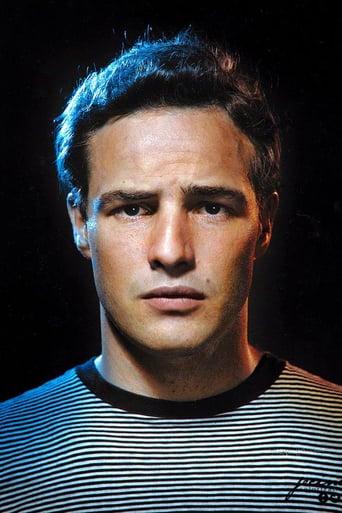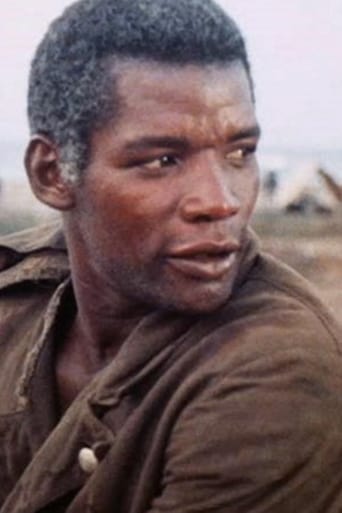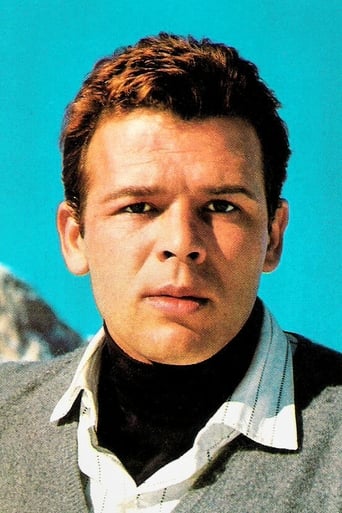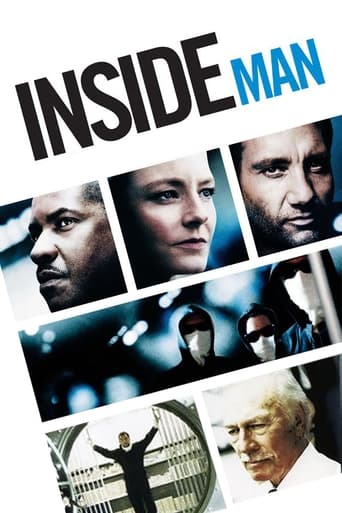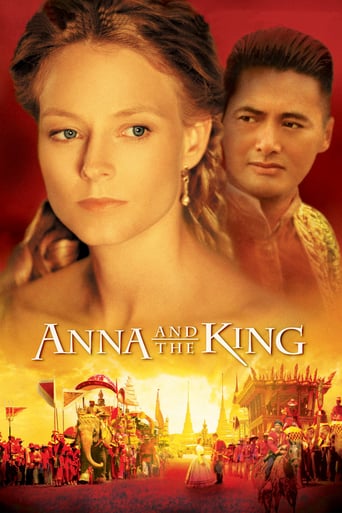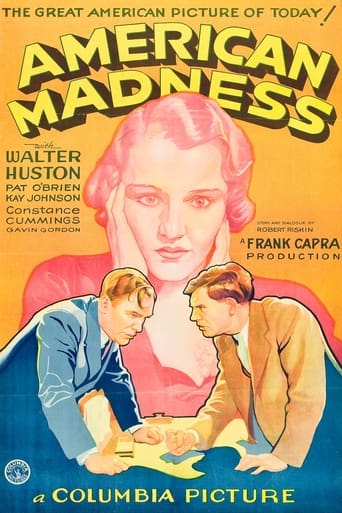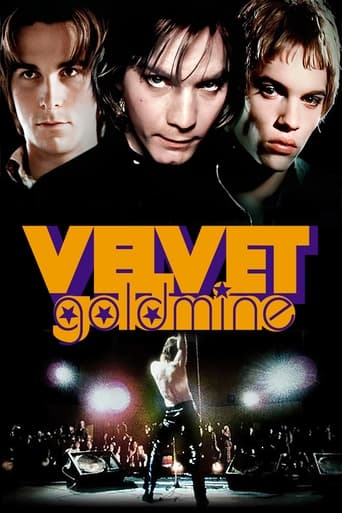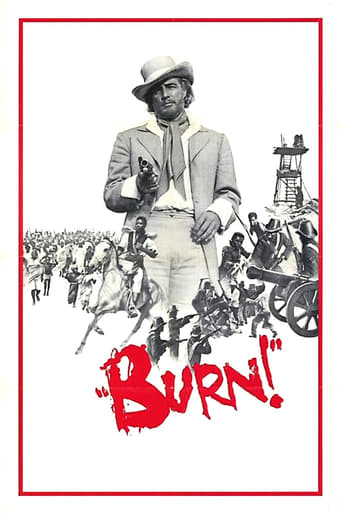
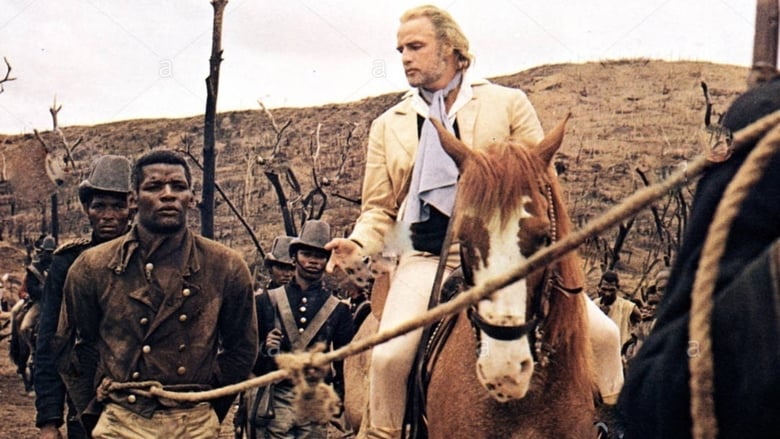
Burn! (1969)
The professional mercenary Sir William Walker instigates a slave revolt on the Caribbean island of Queimada in order to help improve the British sugar trade. Years later he is sent again to deal with the same rebels that he built up because they have seized too much power that now threatens British sugar interests.
Watch Trailer
Cast


Similar titles
Reviews
This version (presently available on DVD and US release) is the edited one. Like so many foreign films at the time, was edited for "American audiences". Since the studio had the rights to the film, there was nothing Pontecorvo could do, but watch his masterpiece reduced to nothing. 22 minutes were cut. In addition the DVD version is very poor. The aspect ratio has been changed, and the copy is very poor. As a result of the cuts, the subtle undertones of the relationship between the main characters was altered, as well as the political undertones. Pontecorvo had already conceded the change of title and script change (Spanish island to Portuguese island) because Generalisimo Franco's protest, and his threat not to allow distribution in Spain. It's ashame that at this point the directors cut version is not available , at least as an alternative to the average viewer. It is available , in the Italian DVD . It's in Italian language, with Brando's voice dubbed. The dubbing in this case doesn't take away from Brando's performance (his personal favorite). It has English subtitles. Pontecorvo himself edited this version before his death. It's quality is much better, and has the original aspect ratio. Occasionally shown at art festivals. My rating applies to this version . The real masterpiece .
Marlon Brando's involvement in the making of "Burn" came about directly as the result of his politician idealism and his desire to make films with a comment on the human situation In 1968 he was deeply concerned in supporting civil rights causes, particularly those to have reference to black and Indian conditions, and, according to his friends, he was greatly disturbed and depressed by the assassination of Robert Kennedy and Martin Luther King "Burn" begins in 1845 as Sir William Walker (Brando) arrives on the island of Queimada, truly as far as can be judged as a harmless traveler but actually an agent of the British government ordered to incite a revolution that will shatter the Portuguese control on the island and permit the British to put their hand on the valuable sugar-cane total product Queimada has a population of two hundred thousand, of whom only five thousand are Europeans The main town is a well-protected port with a fort and a garrison, a governor's palace, a cathedral, a bank, a hotel and a brothel The English gentleman recognizes he must play the part of a political Pygmalion He looks around for a suitable subject to train as a revolutionary and he selects José Dolores (Evaristo Marquez), a large, handsome black dock-worker with an air of confidence Walker also recruits Teddy Sanchez (Renato Salvatori), an almost-white clerk with political ambitions Walker persuades José Dolores to steal the bank of the island, and once he does, Walker reveals his name to the government, thereby turning Dolores into a hunted bandit The ingenious Walker then teaches Dolores and his followers in the use of firearms and gradually absorbs in them ideas and feelings to overthrow the Portuguese government The film is quite obviously political in tone, and is a passionate piece of propaganda in the anti-colonial struggle Brando's interpretation of Sir William Walker is apt to call up memories of his Fletcher Christian This is another Englishman, whose gentle speech and soft manners disguise with courage and determination Walker is not a villain but a cold, inflexible pragmatist with a hard work to accomplish
Sir William Walker (Marlon Brando sporting a ridiculous blond wig) is a British agent sent to the sugar-rich Portuguese island of Queimada in the mid-19th Century. Walker's mission is to incite the island's slave population to revolt against their Portuguese masters, in order to open the island for British colonization. Walker manipulates humble porter Jose Dolores (Evaristo Marquez) into helping him rob a bank; this kick-starts a series of events in which Dolores becomes the head of an island-wide slave revolt. However, Walker has also manipulated the white landowners into declaring independence, and Dolores and his black colleagues are side-lined by the new government, which immediately opens trade relations with British sugar companies. Ten years later, Walker returns, this time accompanied by British troops, to find that Dolores has incited another revolt - and Walker is forced to put down the very revolution he started.Queimada! is Gillo Pontecorvo's big-budget, ambitious follow-up to The Battle of Algiers. The movie seethes with the anti-colonialism and barely-restrained anger of Pontecorvo's masterpiece, but is seriously flawed in a number of important areas, which balance out the film's fascinating story and political themes.Pontecorvo's film certainly conveys its message very well. Walker's actions to methodically secure the island are simply fascinating. He manipulates every group on-hand, focused solely on his expedient political goals. As in today's foreign policy, actions are undertaken for short-term victories, even if they backfire in the long term. Walker incites a black slave rebellion, then keeps it under control by convincing a group of white landowners to seize the capital city - an easy victory which gives Queimada a "presentable" government. Nevermind the part Dolores and his blacks played in the revolt; although no longer "slaves", their "liberation" results in their being even worse-off than before - even though the new government improves infrastructure and builds up the country - leading to a new revolt by the same rebels. Finally, when the government proves ineffective, they are disposed of by the very people who propped them up - and British soldiers intervene directly in the conflict, escalating the brutality. Though successful, these policies are also counterproductive - by burning the sugar cane forests to root out rebel forces, the British destroy the very reason they came to the island - to monopolize on its sugar. Thus, this imperialist war becomes nothing more than an exercise in pride and brutality.All of this rings true. It is certainly pertinent to today's situations in Iraq and Afghanistan (if not as much as it was to the contemporary Vietnam conflict), showing that the more things change, the more they stay the same. On this level, the film is mostly successful.However, the film's primary failure is in its direction. Pontecorvo's static, unemotional cinema verite style worked well with Battle of Algiers; the use of non-actors in key roles enhanced the film's realism. Pontecorvo employs the same techniques here (although the supporting cast is fleshed out with a handful of British and Italian character actors), and yet mostly fails. This is because Algiers was a relatively modest docudrama set within one city; Queimada is (or tries to be) a large-scale historical epic, and the static visual style and direction cause many of the film's major set-pieces to falter. Most of the film's action, both political and military, happen off-screen; usually, we only learn about the effects afterward. What we do see are brief snippets, which vary in effectiveness. The movie has its share of visually stunning sequences - the march of the slave army, the execution scenes, and Walker watching the massacre of rebels through an eyeglass - but on the whole, the effect is underwhelming.The movie also lacks strong central characters. Algiers had Jean Martin's coolly professional Colonel Matthieu and Brahim Haigag's Ali La Pointe, who goes from street punk to principled revolutionary. The equivalent characters in Queimada, Walker and Dolores, are cartoonish by comparison. Although his actions are fascinating, Walker himself is not a well-drawn character; he effectively stands for the ideas he represents, but nothing more. Brando's performance is surprisingly subdued, but his wig, accent and the screenplay undermine his best efforts. Evaristo Marquez's Dolores is similar; he is more of an idea than a character, and unlike in Algiers, the casting of a non-actor does not work. In this case, it simply undermines the character. Neither character has much depth or development through the picture, and thus neither is really interesting. The supporting cast is made up of even more cartoonish stereotypes, and hardly worth a mention; only Renato Salvatori as the hapless President of Queimada makes any impression.For all its ambition, Queimada! is something of a disappointment. Although it makes its points broadly and well, as a movie it doesn't quite work. It is ultimately one of those films that is more interesting than entertaining.
This by far stands up as Brando's best acting performance. Every scene he is in is riveting, to say the least. the movie could have bombed with any other leading man.The story's relevance is just as important today as when it was made. Several third world countries have their people enslaved by wealthy corporations working under the auspices of the IMF, World Bank, etc. The filmmakers were presenting us a warning to the horrors of globalization. Unfortunately, the message has not yet been headed.The filmmakers were smart to use Brando in almost every scene, as the scenes he was not in pale in comparison. The violence is kept to a minimum, just what was needed to tell the story, and the nudity was relegated to the local villagers, nothing gratuitous. The American DVD I saw clocked in at 117 minutes.As for Brando, Long live the King! As for BURN! don't miss it.


